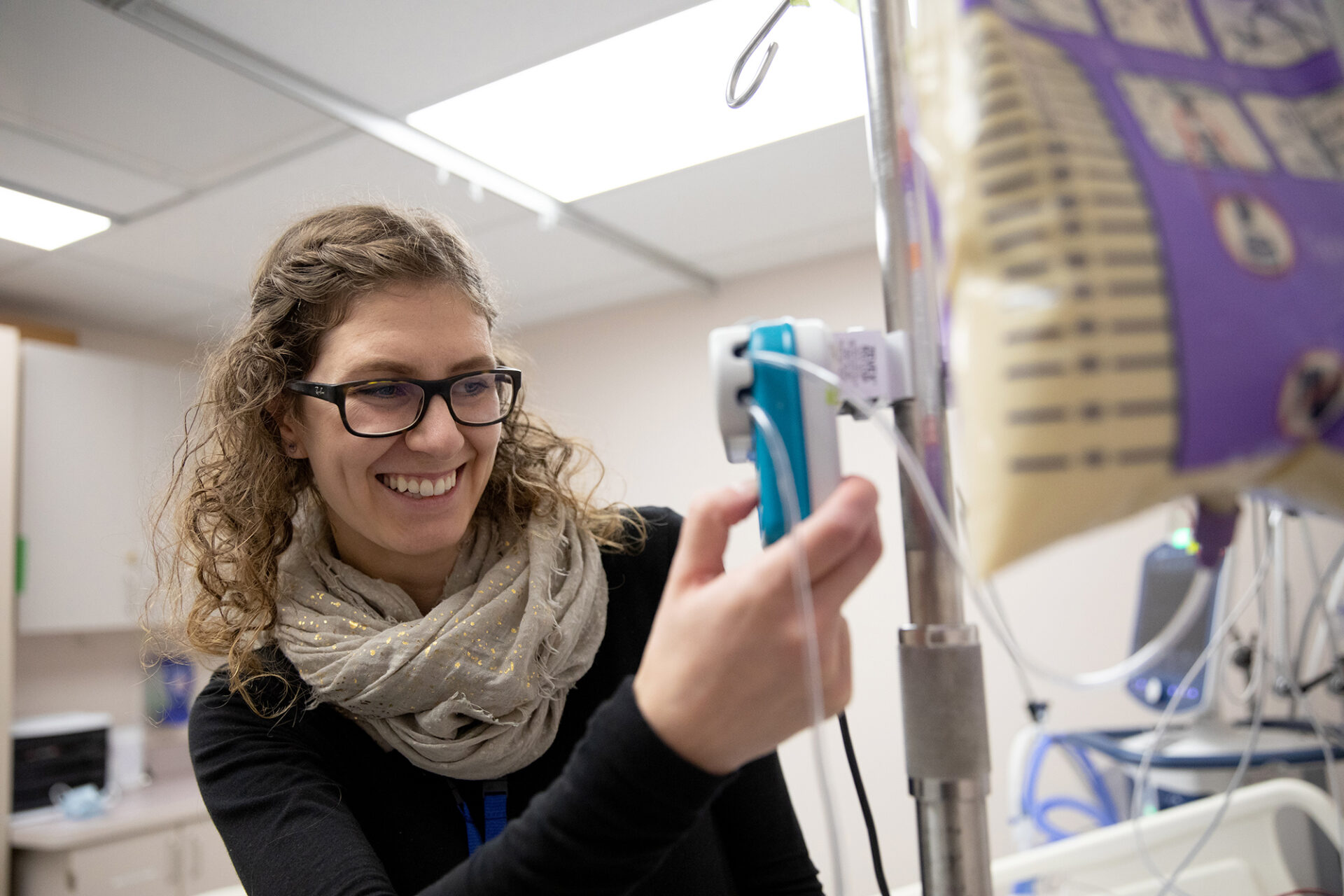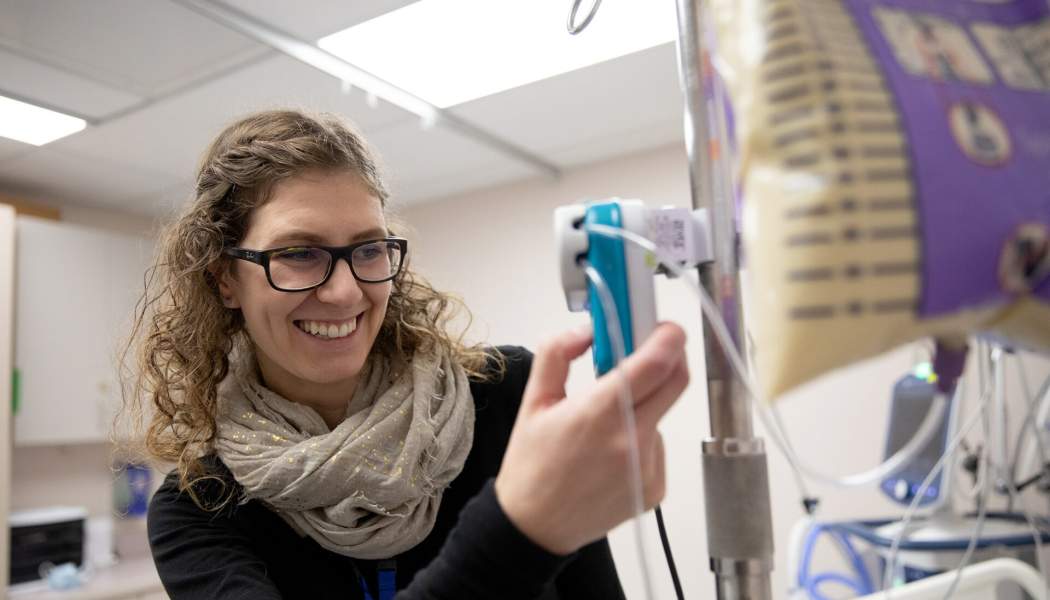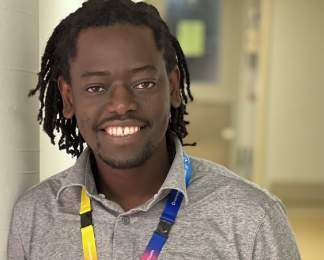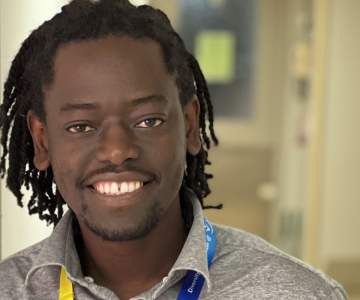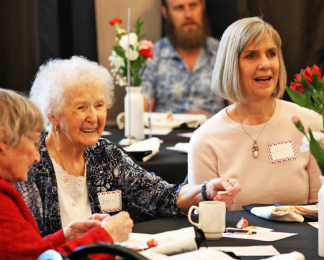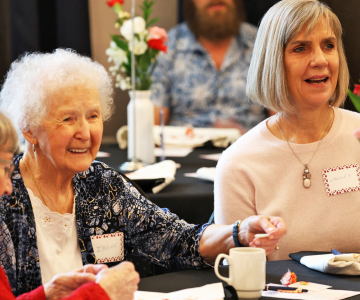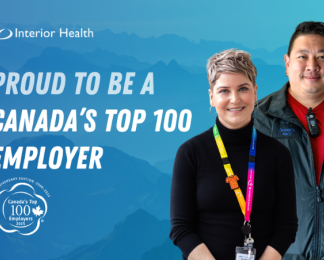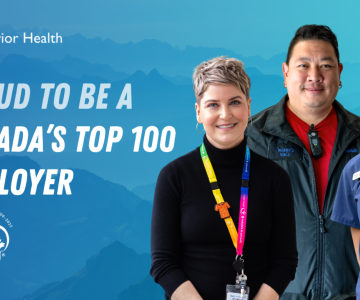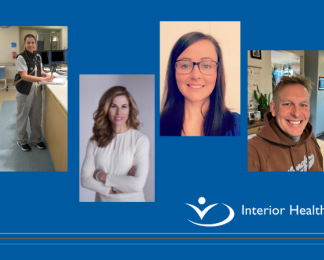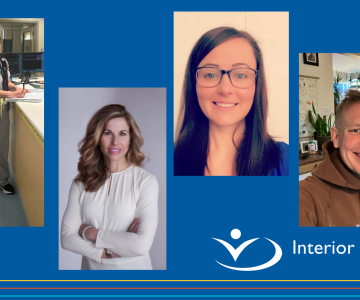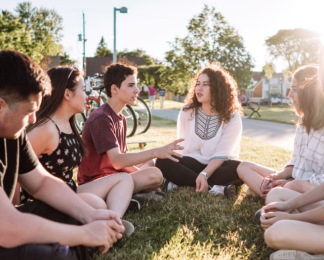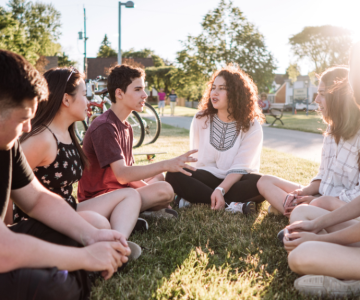The natural assumption about the role of a dietitian is that this person is going to help you create a healthy eating plan.
It's true - registered dietitians are the trusted source for healthy eating. The more than 10,000 registered dietitians in Canada undergo comprehensive training, and are held accountable to the highest standards of education and ethics, which means they look beyond fads and gimmicks to deliver reliable health advice to individuals, groups and communities.
But the work of dietitians goes so much farther. Many work in health-care settings like hospitals, long-term care homes, community health centres, or in private practice. Many more work in public health, government, education and research. Whether working with other health-care professionals, doing scientific research, informing public policy, or working with patients and communities, the impact of dietitians is far and wide.
We sat down with two registered dietitians to learn more about their roles. Meet Linda Boyd, a Population Health Dietitian who works in the community, and Holly Heximer, a Clinical Dietitian who works in a hospital setting.
Why did you become a registered dietitian and what are you most passionate about in your work?
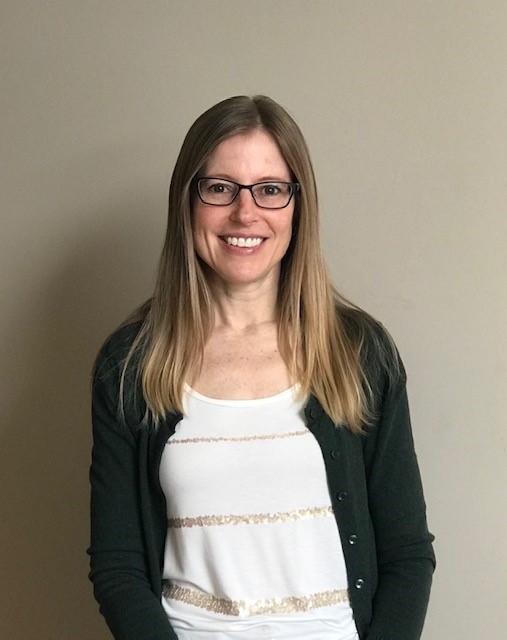
Linda - I knew I wanted to work in a health-related field where I could make a positive impact on people’s lives. I was interested in the psychology of eating, but I now realize that WHAT and HOW people eat is influenced by a wide range of factors over which people often have little control.
I would say that over the years I have been most passionate about seeing infants and children get a healthy start to life and develop lifelong healthy eating habits through optimal feeding practices and healthy settings. Helping to support healthy eating environments and food literacy in child care facilities has been an especially rewarding area of my work. My first job as a dietitian was coordinating a pregnancy outreach program and I feel this experience strongly influenced my career path to be in the area of community nutrition and early years.
Holly - Initially I wanted to become a sports dietitian after being involved in competitive sports and working with a dietitian. However, after shadowing a clinical dietitian while in high school I knew the hospital was where I wanted to work. Dietetics is the perfect combination of science and working with people.
One of the favourite parts of my job is educating adults and kids going home on specialized tube feeds. A feeding tube is a medical device used to provide nutrition to people who can’t obtain nutrition by mouth, are unable to swallow safely, or need nutritional supplementation. There is a lot of information and teaching required so I get to know my patients and their loved ones throughout the process. I am able to personalize these plans to fit their schedules and needs.
What is your role as a dietitian?
Linda - Overall, our program aims to increase healthy eating for the entire population. We often use approaches like policy development and systems change as a way to influence a large sector of the population. For example, a healthy food policy for a school district has the potential to influence thousands of students. We also provide nutrition resources and training to support schools, daycares and health professionals to increase healthy eating within their settings or roles. A large focus area of our work with communities is food security and food systems. We offer health evidence and resources, and support collaboration among community partners and local governments to address priorities in these areas
Holly - Dietitians have a very large scope and do more than just prescribe a diet. My workday can include problem solving infant feeding challenges, teaching diet education to a child with newly diagnosed diabetes, counselling patients living with eating disorders, or creating a specialized feeding plan for an adult struggling with swallowing. Every day is different!
What do you think would make the most impact for improving the health and wellbeing of our communities?
Linda – This is influenced by so many factors. At the most basic level, everyone needs to have their food needs met. We know that people living in poverty and experiencing food insecurity are much more likely to suffer poor physical and mental health. Being able to afford and access enough healthy food and being able to choose how you access food is essential for health and wellbeing. Decreasing food insecurity rates requires lifting people out of poverty.
Living in environments where the healthy choice is the easy choice and knowing how to prepare food are also important. I feel that with the necessary support and resources, there is great potential for schools to help set up our next generation with the attitudes and skills needed to support healthy eating through actions like healthy meal programs, healthy fundraisers, and integrating hands-on food skills into the school curriculum.
How can a dietitian help me with healthy eating?
Holly – There are many ways that a dietitian can help you. One way to get started is to think critically about diet culture messaging! There is a lot of false and misleading information out there about nutrition and diet and so be sure to always question the source. We take an “all foods can fit” approach to healthy eating that is sustainable for the long term. A dietitian can help navigate this.
Learn more about what dietitians do:
Speak to a dietitian directly by calling 8-1-1
https://www.dietitians.ca/About/Learn-About-Dietitians
https://www.dietitians.ca/Become-a-Dietitian/Education-and-Training
https://www.healthlinkbc.ca/healthy-eating/everyone/dietitian-services-healthlink-bc
